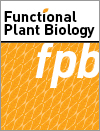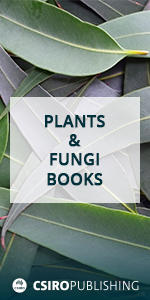Excess amounts of salts used in agriculture lead to deterioration of crop growth and yield. This problem requires urgent, sustainable resolution. The use of soil microorganisms not only reduces salt levels but helps plants to grow under such stress. Our study revealed that applying soil microorganisms significantly improved the growth and yield of wheat under salt stress, and also enhanced soil fertility.
This article belongs to the collection: Soil Microbiome and Abiotic Stress Tolerance in Plants.






